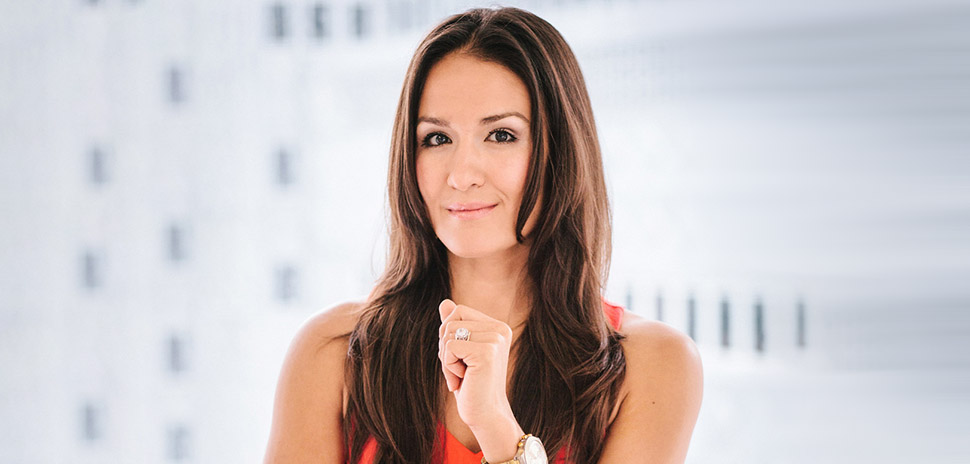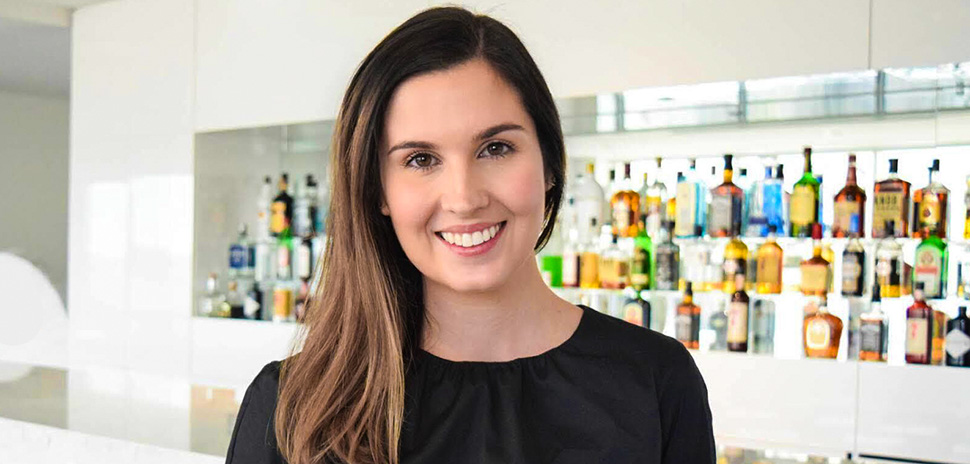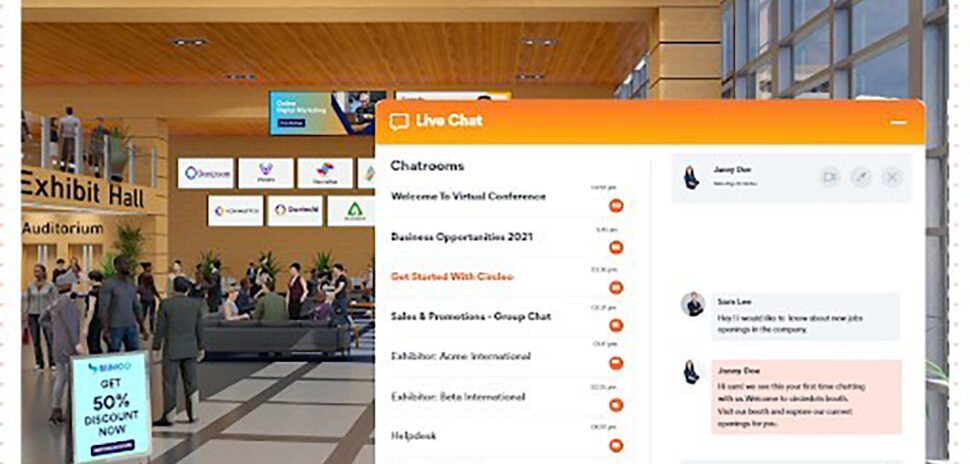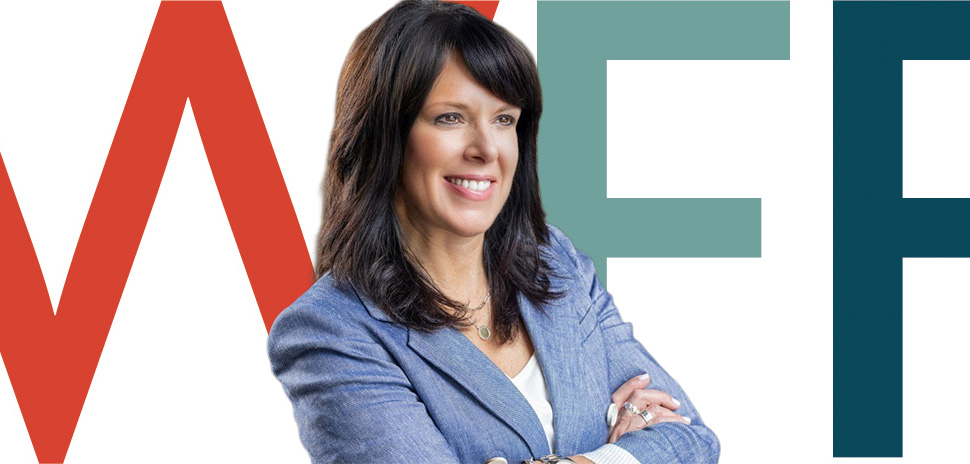For the past decade, Kristen Blum has been immersed in the creator economy.
When Blum first joined Dallas-based LTK nine years ago, the fashion tech company (formerly known as rewardStyle) had around 25 employees. They set out to pioneer a new generation of shopping, deploying a multifaceted platform that gives content creators a way to connect with mobile consumers and earn monetary gain.
She was an integral piece of the go-to-market team that launched LIKEtoKNOW.it, the influencer-driven consumer shopping app that gave users the ability to instantly purchase real products in fashion, beauty, home, and family markets that they viewed on high-profile accounts. Today, the app—now also known as LTK—has more than 8 million monthly users.
Blum built LTK’s creator success team from the ground-up, overseeing a group responsible for managing some 200,000 relationships with content creators. In the past year, shoppers have bought more than $3 billion worth of products from LTK’s creators.
She helped grow the company to become a fully remote organization, one that’s comprised of more than 350 employees scattered across the globe.
Now, as Blum exits for Gig Wage, she leaves behind an industry titan valued at $2 billion. (LTK recieved a $300 million investment from SoftBank Vision Fund 2 in November).
For her next act, Blum has set her sights on doing it all over again. She’s joining another Dallas-based tech team with a similar mission—and big plans for 2022—to launch a product that also has the potential to impact millions.
“I’m definitely someone who loves being at the stage in a company where I can really help to accelerate growth,” Blum told Dallas Innovates. “I love feeling like I’m making a tangible impact. And at this stage in a company, it’s all hands on deck. You really pull together and build something amazing.”
A power team
Blum was recently appointed the senior director of strategic brand initiatives for Gig Wage, the fintech working to simplify payroll for the gig economy. It’s a pivotal time: Gig Wage this year raised an additional $2.5 million to its 2020 $7.5 million Series A round to continue boosting its seamless, reliable banking platform.
CEO Craig J. Lewis founded Gig Wage to shape the modern financial infrastructure for what his team calls the “future of work.” The startup tackles complex challenges around contractor payroll, payments, and compliance.

Craig Lewis [Photo: Jae Oates]
That mission is something Blum was immediately attracted to.
“When having conversations with Craig and Clarisa [Lindenmeyer], you can just feel the energy. They’re both so passionate when talking about the problems that they’re trying to solve, the team they’re building, and the opportunities they saw for the business,” Blum says. “So it was almost near impossible not to catch the bug and just want to be a part of it.”
Lindenmeyer, the founder and former CEO of Proximity to Power, joined Gig Wage in July as its chief of staff to the CEO and chief brand officer. Over the past few months, Lindenmeyer has worked to enhance the brand’s image, experience, and mission—both internally and externally.
Lindenmeyer had her eye on Blum for a long time as a fan of her work and LTK. She tapped the executive to lead the charge in thinking creatively and strategically on products and services that serve contractors.
“To say that we are excited to have Kristen join us to lead is an understatement,” Lindenmeyer told Dallas Innovates. “We have massive growth in our 2022 plans, and Kristen is going to be essential to that. We’re really excited about her ‘been there done that’ startup knowledge.”

Clarisa Lindenmeyer [Photo: Gig Wage]
Empowering entrepreneurs
At LTK, the goal was to make creators as economically successful as possible. “At Gig Wage,” she says, “its economic empowerment for all.”
The move feels a bit like déjà vu for Blum. She believes Gig Wage is in the right place at the right time, similar to where LTK sat at the forefront of the creator economy years ago.
“There are just so many similarities and parallels between the creator economy and the gig economy,” she says. “Creators are contractors. They’re solo entrepreneurs and experience a lot of the same pain points that we’re trying to solve for at Gig Wage. They struggle with how to set up their finances and get paid quickly and file their taxes at the end of the year.”
A large takeaway from her time at LTK was that there isn’t currently a one-size-fits-all solution for any creator, contact worker, or other independent entrepreneur. The ever-evolving industry requires a flexible product or service tailored to each individual’s unique needs, says Blum—one that meets their desire for speed and efficiency.
“The creator economy’s a little more mature than the gig economy, but they’re both still kind of in their infancy in a lot of ways,” she says. “What I learned at LTK is that creators and contractor workers are just so hungry for knowledge and education and guidance. They really want a partner that they can rely on that’s going to provide them with the information that they need.”
That’s what Gig Wage is aiming to do.
Gig Wage’s solution benefits both sides of a transaction, enabling employers to instantly pay 1099 workers with more control, flexibility, and scale, while giving independent contractors a convenient and efficient way to receive payments.
Blum will be tasked with shaping various partnerships and programs that can accelerate the fintech into its next phase of growth. That includes leading the launch of Gig Wage’s first consumer product and contributing to the development of its new GreenHouse program.
“People call it the creator economy, freelancer economy, gig economy, independent economy—really it is just becoming the economy,” Lindenmeyer says. “That is what we’re building and that is what 2022 is all about. Kristen sits at the center of that.”
Gig Wage’s first consumer product
Launching in 2022 is a solution for what Blum calls the “lifeblood of the gig economy.”
For contract workers, who tend to be underbanked or unbanked, Gig Wage wants to ensure they receive proper payment when, where, and how they want it. The fintech also wants to provide access to quality banking services.
By 2023, half of the U.S. workforce will receive a 1099, according to Gig Wage. But, the payroll structure is designed for traditional work situations—leaving 1099 workers to lose 2% to 20% of their income.
Next year, Gig Wage plans to hone their focus on the contract workers themselves.
“We’re really just thinking a lot more about how we can serve contractors, because the better that we serve them, the better we can serve the businesses paying contractors. Everyone wins,” Blum says. “We’re already providing such tremendous value to the businesses that are paying contract workers. So thinking about the contract workers themselves just really feels like a natural next step for us.”
The GreenHouse program
Another major rollout for Gig Wage next year is its new GreenHouse program, which is currently in beta. Its generation was entirely organic, as the team has been working to craft initiatives that propel its growth.
Gig Wage Chief Strategy Officer Ethan Austin often heard from the customer success team or in meetings with clients that businesses were in dire need of making connections.
As a former managing director at Techstars, Austin facilitated numerous relationships between startups and essential contacts. That snowballed into an idea.
Similar to how a greenhouse nurtures, protects, and grows plants and vegetables, Gig Wage’s GreenHouse program will provide the tools necessary for businesses to blossom.
The team is currently designing various services that could be offered. Some examples include mentorship with Gig Wage or community experts, access to business development and sales expertise, and introductions to venture capital firms.
The typical GreenHouse member will be Gig Wage customers—or potential customers—that are integrated with its API, looking to raise money, and on a path to scale. The Gig Wage team will identify businesses that perfectly align with their own strengths. Most often, fellow tech companies fit the bill.
“The idea is really for us to be successful, the businesses that we’re working with have to be successful and they have to grow,” Blum says. “So it’s a win-win for everyone if we can help invest in them to be successful overall.”
The GreenHouse program will also launch in 2022.
![]()
Get on the list.
Dallas Innovates, every day.
Sign up to keep your eye on what’s new and next in Dallas-Fort Worth, every day.



























